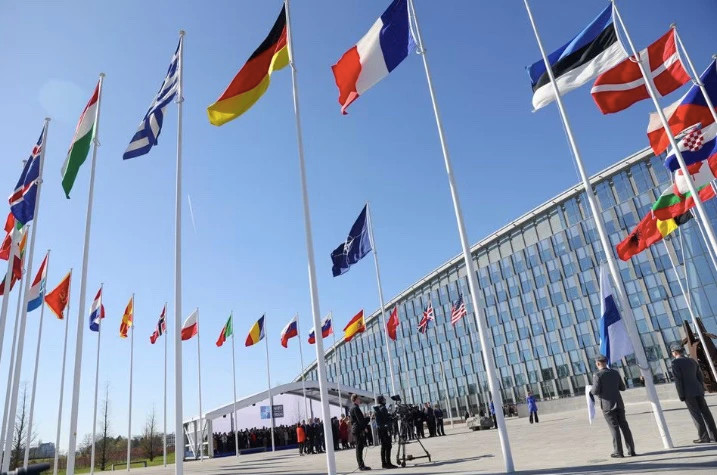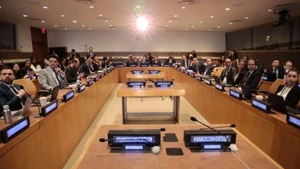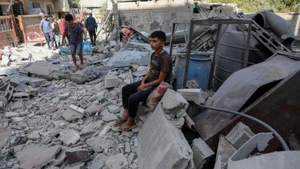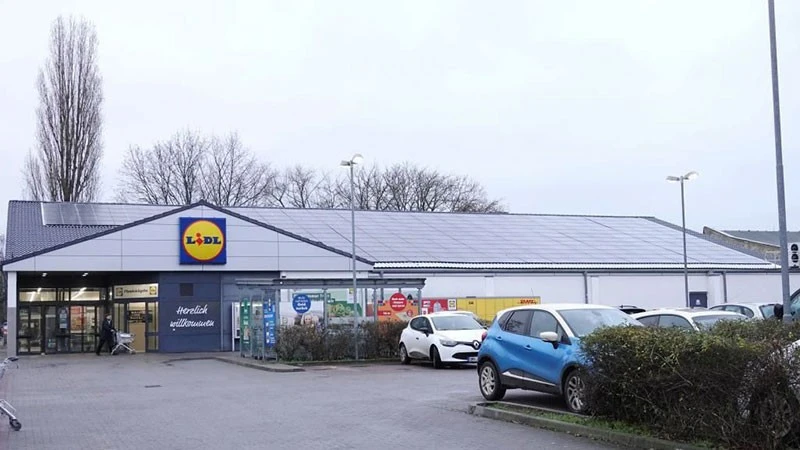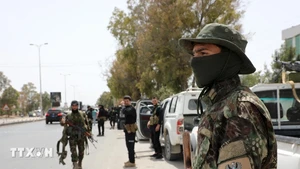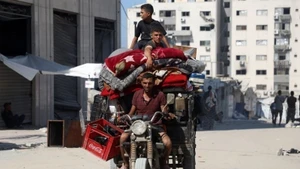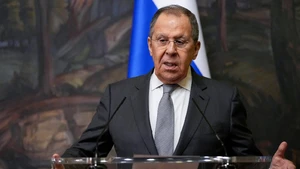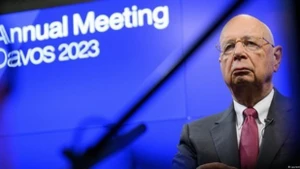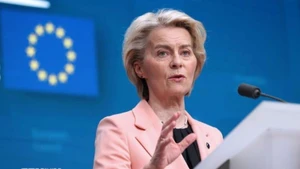For the third consecutive year, NATO leaders invited Indo-Pacific Partners Australia, Japan, New Zealand, and the Republic of Korea, to participate in the NATO Summit.
The summit’s agenda focused on strengthening deterrence and defence posture, as well as supporting Ukraine.
Established on April 4, 1949, NATO’s mission is to safeguard the sovereignty and territorial integrity of its members through political and military means. Experiencing many historical periods, NATO is currently the largest and oldest military alliance in the world.
The 2024 NATO Summit marks the 75th anniversary of the Transatlantic alliance.
Taking place in the context of complicated developments in the world situation, with increasing security challenges, the NATO Summit in Washington discussed a series of issues related to strengthening military might, while seeking measures to narrow disagreements on many controversial issues in the bloc.
Reinforcing strength
NATO's defence spending is the main topic at the summit, in the context that defence expenditure has surged throughout the alliance.
NATO Secretary General Jens Stoltenberg said that more than 20 NATO members will meet the alliance's target of allocating at least 2% of GDP to defence this year. The number of NATO allies now meeting that spending target compares to less than 10 members five years ago.
“Across Europe and Canada, NATO allies are increasing defence spending this year by 18%, that's the biggest increase in decades, and 23 allies are going to spend 2% of GDP or more on defence this year,” he said.
Stoltenberg said that when NATO leaders set the 2% GDP target at their summit in 2014, only three members - the United States, Greece and Britain - met that target. At that time, there were 28 members. NATO now has 32 members.
To reinforce its strength, NATO recently announced the establishment of a new Allied Reaction Force (ARF).
According to the Supreme Headquarters Allied Powers Europe, this development is crucial for the deterrence and defence of the Euro-Atlantic area. It ensures NATO is prepared to respond swiftly and effectively to any threat in an evolving security environment.
The ARF includes cyber and space force elements. It also involves more light infantry troops capable of moving out on short notice.
This is part of a broader modernisation effort being implemented by NATO to build a force model that involves about 300,000 alliance troops operating in a higher state of readiness.
The ARF also serves as a spearhead unit for NATO and can deliver forces, fires and effects within 10 days.
Expanding partnerships
A notable point at this NATO Summit is the attendance of foreign ministers and delegates from Israel, Egypt, Jordan, Qatar and the United Arab Emirates (UAE), as well as NATO’s important partners in the Indo-Pacific region.
 |
| NATO Secretary General Jens Stoltenberg, US President Joe Biden, Britain's Prime Minister Keir Starmer, German Chancellor Olaf Scholz, France's President Emmanuel Macron, Canadian Prime Minister Justin Trudeau, Italy's Prime Minister Giorgia Meloni, Spanish Prime Minister Pedro Sanchez, Hungary's Prime Minister Viktor Orban, Slovakia's President Peter Pellegrini, Greek Prime Minister Kiriakos Mitsotakis, and Albania's Prime Minister Edi Rama stand together as they attend NATO's 75th anniversary summit in Washington, US, July 10, 2024. (Photo: REUTERS) |
The summit’s agenda includes efforts to deepen NATO's partnership with the four Indo-Pacific partners, known as IP4 or IPP.
Ambassador Michael Carpenter, senior advisor for Europe at the White House National Security Council, stated that NATO is not expanding into the Indo-Pacific, but has a "wide" opportunity for greater cooperation with South Korea and other regional partners.
The US official emphasised that NATO and Indo-Pacific partners have many common interests and there is a wide opportunity for achieving better cooperation on a range of issues, such as cybersecurity, fighting disinformation and building up defence industrial bases.
Indo-Pacific partners are incredibly important to all NATO allies, and the security of Europe impinges upon the security of the Indo-Pacific.
Given the situation, in recent years, NATO and IP4 countries have increased cooperation. Japan, the Republic of Korea, Australia, New Zealand and NATO are discussing strengthening cooperation on countering disinformation. This partnership expansion is expected to be approved at the NATO Summit, thereby establishing a new dialogue framework to discuss measures to combat disinformation.
In addition, the IP4 nations and NATO also committed to strengthening cooperation and support for Ukraine, as well as promoting cooperation in cyber defence and security, and the application of advanced technologies.
At the 2024 summit, NATO leaders are expected to agree that the IP4 nations will participate in future joint cybersecurity exercises by the 32-member trans-Atlantic alliance.
Challenges from divisive policies
At the Conference, NATO member countries will announce a series of strong measures to support Ukraine, including establishing a new NATO military command in Germany, which will leverage NATO's institutional strengths to coordinate training, and equipping and helping Ukraine develop future forces.
To further deepen Ukraine’s institutional relationship with NATO, NATO also plans to appoint a senior civilian representative in Kyiv to act as a focal point for NATO’s engagement with senior Ukrainian officials.
Allies will announce their intention to provide a minimum baseline funding of 40 billion EUR within the next year, and to provide sustainable levels of security assistance for Ukraine to prevail. NATO also reaffirmed its support for Ukraine's plan to join the alliance in the future. The new command in Germany will play an important role in realising Ukraine's NATO membership.
However, NATO's support for Ukraine continues to be a controversial issue. Hungarian Prime Minister Viktor Orban warned that NATO's support moves could lead to a direct military confrontation with Russia, causing catastrophic consequences.
Prime Minister Orban said the NATO his country joined 25 years ago was a “peace project,” and a “military alliance for defence,” however, today, instead of peace, the agenda is the pursuit of war; instead of defence, it is offense. He said NATO “will be committing suicide” unless it changes tack regarding Ukraine.
Over the past 75 years, NATO has experienced many internal divisions and conflicts, especially in making decisions that led to military intervention campaigns going beyond the scope of defence, causing harm to the alliance.
NATO's military presence in the eastern part of the Alliance has helped increase its strength, but it has also caused many consequences, creating deep polarisation, not only hindering international cooperation in solving a series of security challenges, both traditional and non-traditional but also making the regional situation tense.
At the 75th anniversary of its founding, NATO is still the largest military bloc in the world, with a significant role and influence on the global security landscape. However, NATO faces challenges in a series of issues, including unifying policies to increase support for partners, but must avoid being drawn into a military confrontation.
